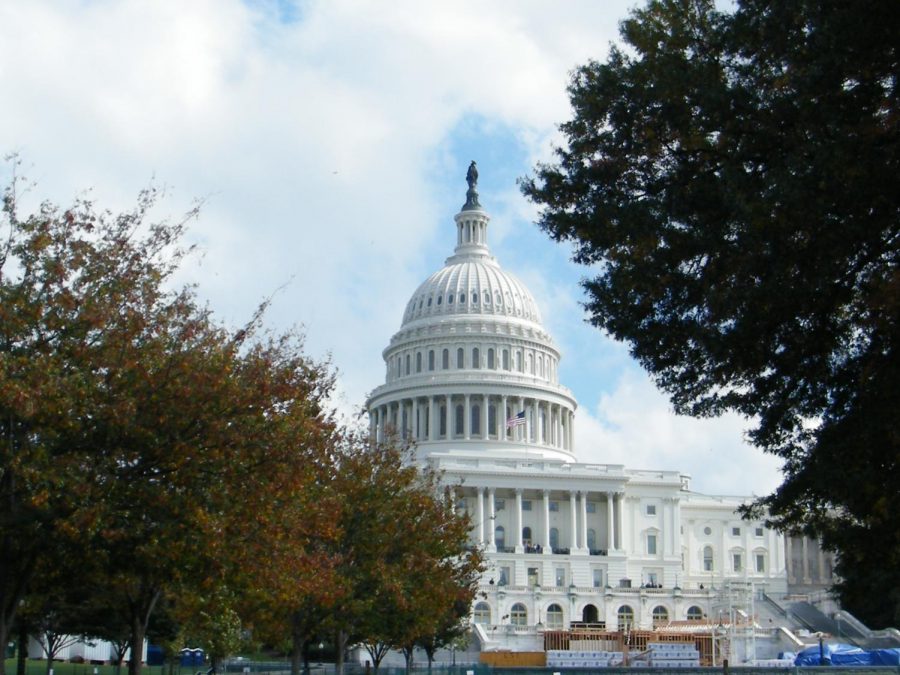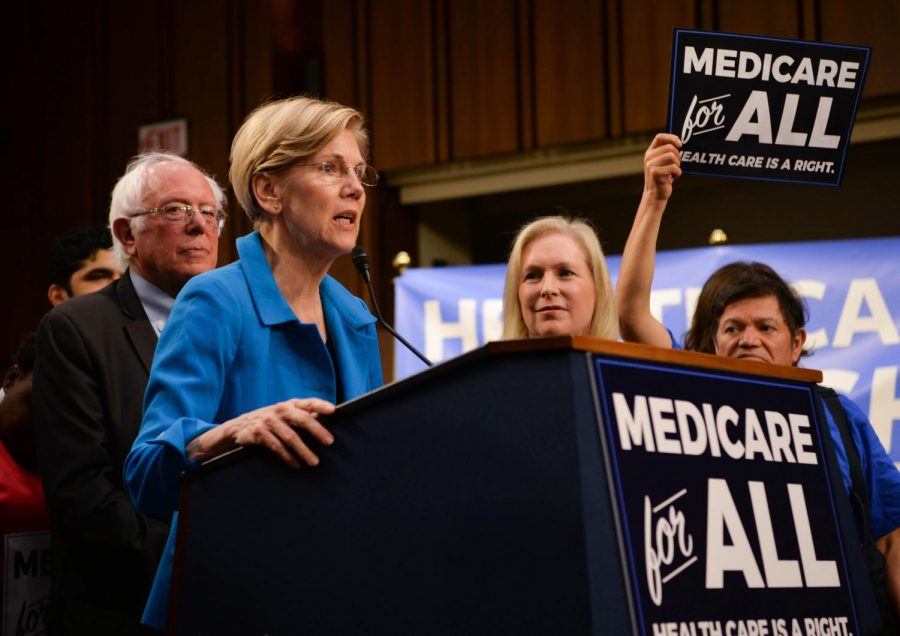Obama Care starts with a good idea — everybody ought to have health insurance. It then corrupts that idea with a massive collection of special deals, sleazy politics and covert agendas. The result is a mess.
In the first place, the bill is a budget buster, and the claim that it won’t increase the deficit is all smoke and mirrors. Every new entitlement program has cost far more than projected, whether it’s Medicare or Romney Care in Massachusetts.
But even if Obama Care somehow costs only what is projected, covering the cost requires a half trillion dollar cut in Medicare. Yes, half a trillion dollars. If this really happens, it will require draconian cuts in services to seniors.
If it doesn’t, it will balloon the deficit (projected at more than nine trillion dollars over the next 10 years). Then there is the fact that states have a huge unfunded mandate of increased Medicaid costs. It’s possible to hold costs to the federal government down if you just force somebody else to pay.
Then there is the fact that the individual mandate is a vacant promise. People who fail to buy the required insurance pay a penalty of 2.5 percent of household income or $695 per every uninsured adult in the household (whichever is greater).
This is far less than what health insurance costs, and people have every incentive to “game the system” by failing to buy insurance until they get sick, knowing that they can then get insurance from companies who are forbidden to consider their pre-existing condition.
As a story in Sunday’s Boston Globe makes clear, this is already happening in Massachusetts, and the penalty there for sloughing off the mandated coverage is greater than that under Obama Care.
As for the individual mandate in Obama Care, the head of the IRS has promised that there will be no “punitive” measures if you fail to pay it. They won’t seize your assets or implement criminal sanctions. Rather, they will send you a letter. The individual mandate, in other words, is a joke.
But an even greater danger is the fact that Obama Care gives the Department of Health and Human Services massive authority to regulate which insurance you are allowed to buy. To understand the threat, you need to understand what liberal and leftist health policy wonks — the people to whom democratic politicians listen — believe and want.
In the first place, they don’t like fee for service medicine, which most Americans have, and want people pushed into health maintenance organizations (the “medical home” is the current euphemism for this).
They have always liked single- payer systems, where government pays for — and therefore dictates — how medicine is practiced. They think Americans have too much access to advanced technology and to medical specialists, and think we should be spending only the amount on health care that Canada and Britain spend.
Those countries, of course, have rather draconian rationing, either explicitly or by queuing. In Canada, it can take several months to see a specialist and several more months to get, say, an MRI and get it interpreted by a radiologist.
It’s in the nature of government-run or government-financed health care that politicians will “squeeze” the producers, using government’s power as a monopsonist (monopoly buyer) to exploit providers, something that is often politically easier than raising taxes.
This is currently the case with Medicare, which underpays doctors, requiring that Medicare patients be subsidized by patients with private insurance. The effect of squeezing the providers can be seen in Canada, where 4.1 million Canadians lack a primary care doctor.
Given Canada’s small population, this would be equivalent to 37 million Americans without a primary care doctor. This, and the lengthy waits for tests and access to specialists, may explain why Americans who have insurance (85 percent of us) are much more satisfied with our health care than Canadians, according to an ABC News/USA Today/Kaiser Family Foundation survey. In fact, uninsured Americans were only slightly less satisfied than insured Canadians.
Is America going down this road? Maybe, and maybe not. Unfortunately, we will have to wage an ongoing political battle to stop it from happening.






